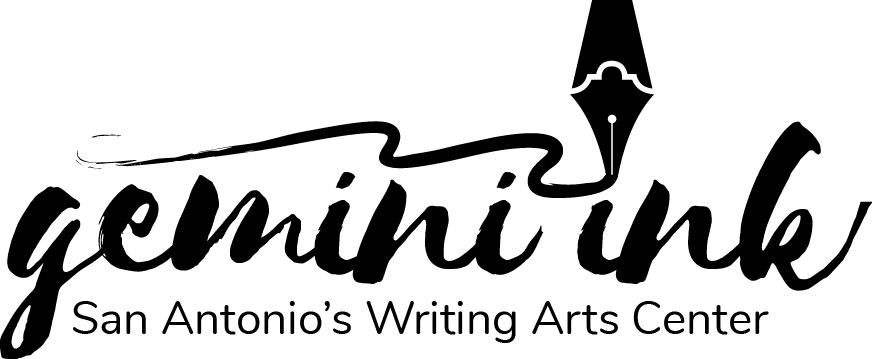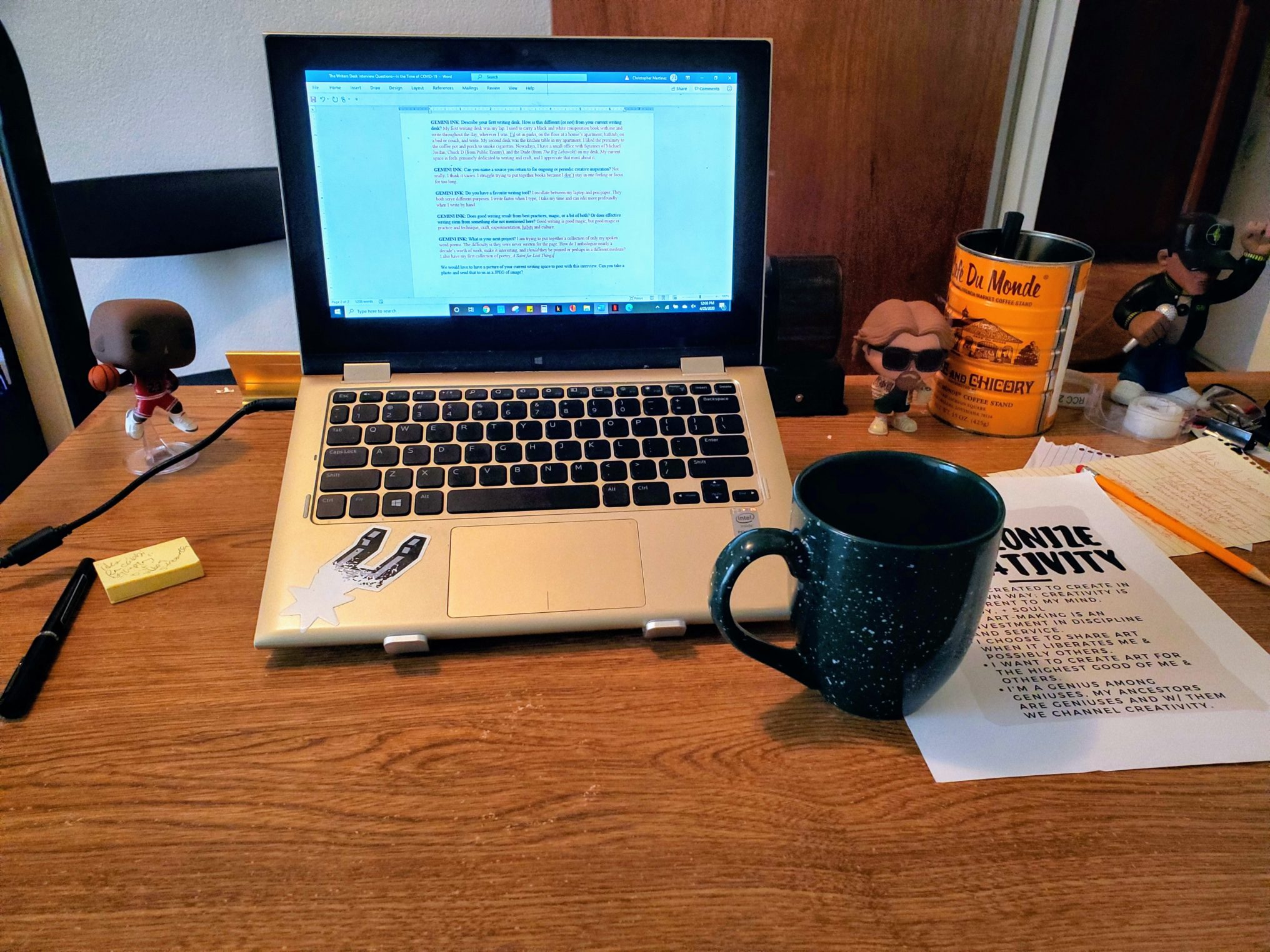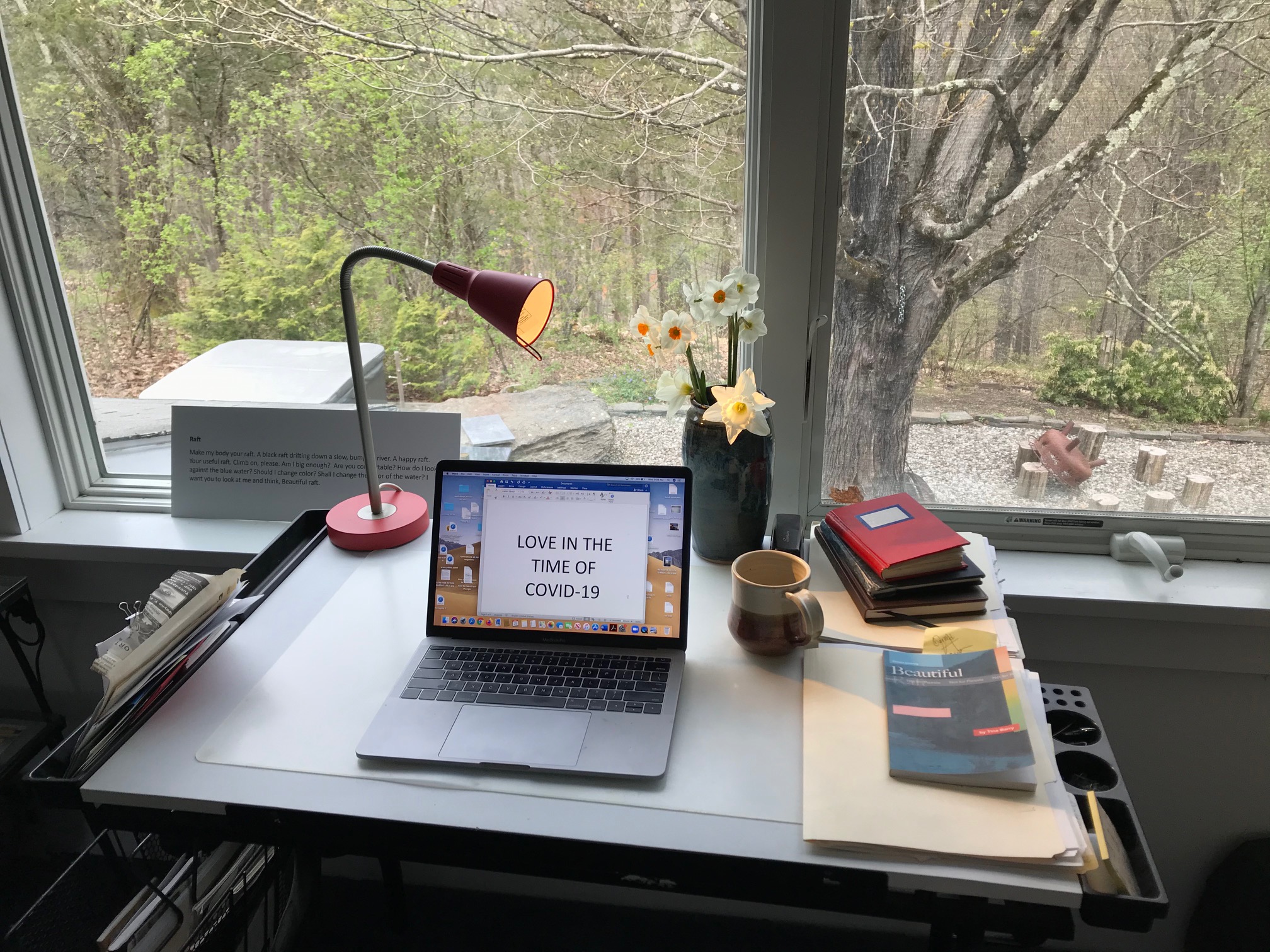An Interview on the Writing Process through COVID-19
GEMINI INK: What role do you think writing plays in life and how is that role revealing itself as you shelter-in place during this pandemic?
I think literature and poetry, music, and language are crucial vehicles for culture and knowledge, but that relationship is complicated in 2020. The world switched from griot and storyteller of the village to writers/thinkers providing insight on society and self to where we are now: where writing is the bedrock of entertainment capital. That doesn’t mean that writing is less valuable only that the content created doesn’t necessarily have to work for the benefit of the village or carry on our culture and traditions like it once did. During this time of sheltering-in-place, I’m freer to put out content at a large clip but that isn’t quite what I want to be doing. I’m fortunate enough to have two collections of my poetry coming out soon; I’m writing frequently; and yet, my desire is to reset more. I want to use this time to look back at premier writers that I admire or never got around to reading; I’m studying craft again, and I’m writing a lot but mostly shorter succinct pieces and not spoken word. I want to create in a more meaningful way to me because (I think) people will come out of this with a greater appreciation for what matters—culture, connection, the vitality of thought.
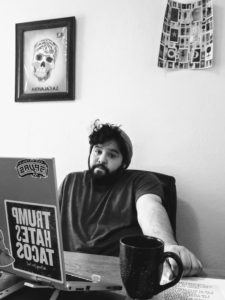 GEMINI INK: Do you have any rituals you perform before you get started writing–tics, habits, even special ceremonies? How important is it to you to have a sense of sameness about your writing routine?
GEMINI INK: Do you have any rituals you perform before you get started writing–tics, habits, even special ceremonies? How important is it to you to have a sense of sameness about your writing routine?
I do but I do a poor job of consistently sticking with them (tbh). On a good day: I wake up; make coffee; eat a good breakfast; spend hours reading other writers; turn on some music; I start small—I’ll journal, general idea brainstorming; and then begin on my own work. Ultimately, I get to place where I write for a solid 4-6 hours on those days. On not-good days: I make coffee, eat breakfast, maybe read, and scribble a few words or ideas down for a different day. Sameness isn’t too important to me; I can write anywhere, generally. I think I mostly need limited to zero distractions more than anything.
GEMINI INK: What is your favorite piece of writing advice, or feel free to offer a thought or suggestion that you feel has helped you write, even on days when the muse seemed faraway?
My bit of writing advice: you have permission to write utter crap (and should do so frequently). The task of writing is not always an elegant and profound one. More so, writing is showing up to work. On the days you’re sick or not feeling it, write something/anything down—journal, brainstorm an idea, write a phrase that sounds pretty; whatever, but get it done. I feel it’s better to go weeks writing terribly than to break from writing for too long. I believe writing requires an athlete’s resolve to daily practice. You have to fall in love with practicing.
GEMINI INK: During these times of shelter-in-place, has your writing routine or habits changed in any way? If they have, can you comment on this? And if they have not, what about your routine is helping you most negotiate this highly unusual time?
The only real change to my writing routine is that I work from home. I used to avoid bringing work home as much as possible. Now, I grade and communicate and go to meetings from home. I don’t know the effect it has on the space(s) I use for writing, but I feel like it’s doing something. I think I don’t like viewing “home” as “space for my occupation” like that. Home is always a sanctuary for me. I love my house. I love my dog. I love being here where everything feels known to me. By shoehorning so much of my occupation into this space, I think it pollutes it somewhat. Or maybe I just miss going out, who knows?
GEMINI INK: What theme or symbol often emerges in your work? Why? Do you have any new images or themes that are surfacing as you write during this pandemic? Comment on this in any way you would like.
In my first book, the city of San Antonio was heavy throughout (that definitely disappeared during this time of isolation and staying indoors). In terms of new themes, I am focusing more on the idea of American-ness and how the country’s symbols and iconography are viewed differently by groups of people. It’s poetry of witness, but mostly memory at this point. Documenting the now is crucial because I feel it isn’t happening enough (or if it is, in a nebulous way). I want to be more direct and find a way to say: yes—this was bad, no—this wasn’t good, yes—this person was terrible, no—we weren’t brave, etc, while being poetic.
GEMINI INK: Describe your first writing desk. How is this different (or not) from your current writing desk?
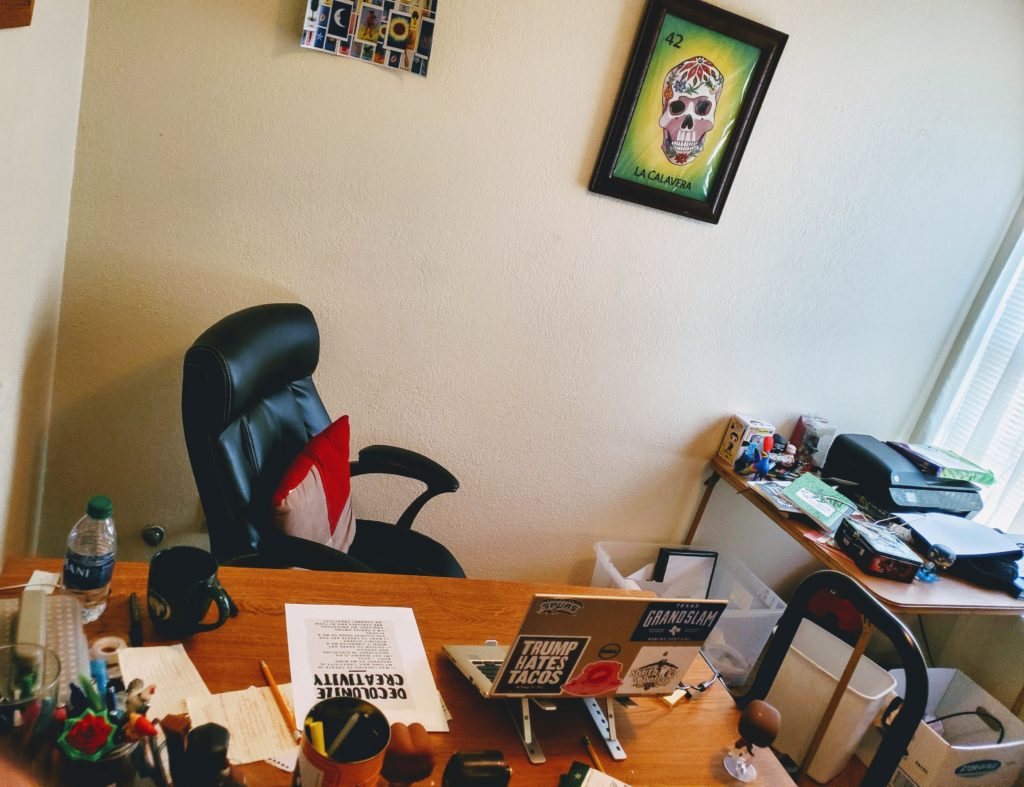
My first writing desk was my lap. I used to carry a black and white composition book with me and write throughout the day, wherever I was. I’d sit in parks, on the floor at a homie’s apartment, bathtub, on a bed or couch, and write. My second desk was the kitchen table in my apartment. I liked the proximity to the coffee pot and porch to smoke cigarettes. Nowadays, I have a small office with figurines of Michael Jordan, Chuck D (from Public Enemy), and the Dude (from The Big Lebowski) on my desk. My current space feels genuinely dedicated to writing and craft, and I appreciate that most about it.
GEMINI INK: Can you name a source you return to for ongoing or periodic creative inspiration?
Not really. I think it varies. I struggle trying to put together books because I don’t stay in one feeling or focus for too long.
GEMINI INK: Do you have a favorite writing tool?
I oscillate between my laptop and pen/paper. They both serve different purposes. I write faster when I type; I take my time and can edit more profoundly when I write by hand.
GEMINI INK: Does good writing result from best practices, magic, or a bit of both? Or does effective writing stem from something else not mentioned here?
Good writing is good magic, but good magic is practice and technique, craft, experimentation, habits, and culture.
GEMINI INK: What is your next project?
I am trying to put together a collection of only my spoken word poems. The difficulty is they were never written for the page. How do I anthologize nearly a decade’s worth of work, make it interesting, and should they be printed or perhaps in a different medium? I also have my first collection of poetry, A Saint for Lost Things, coming early May from Alabrava Press, and a mini-chapbook entitled: As it is in Heaven, coming this year from Kissing Dynamite Poetry Press.
Rooster Martinez‘s workshop The New Space from Where We Witness starts June 4th. Learn more about Martinez and his upcoming workshop HERE.
